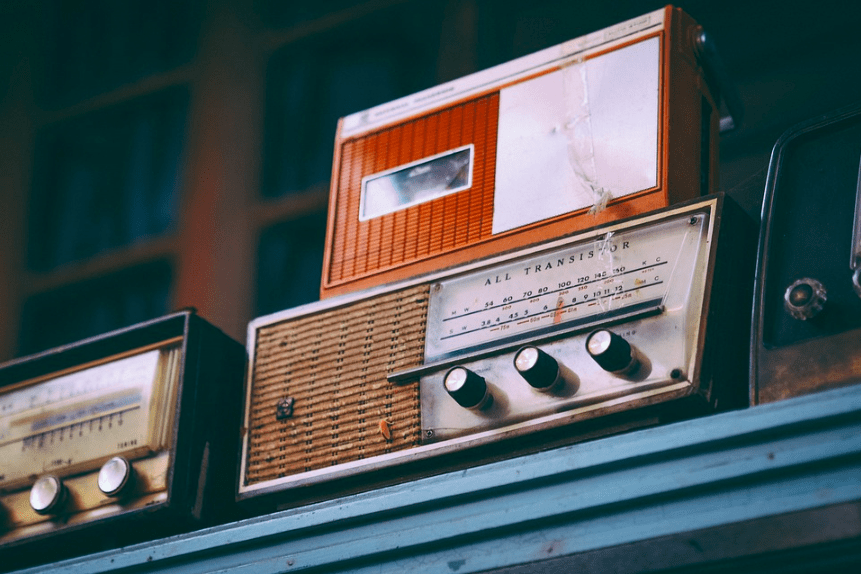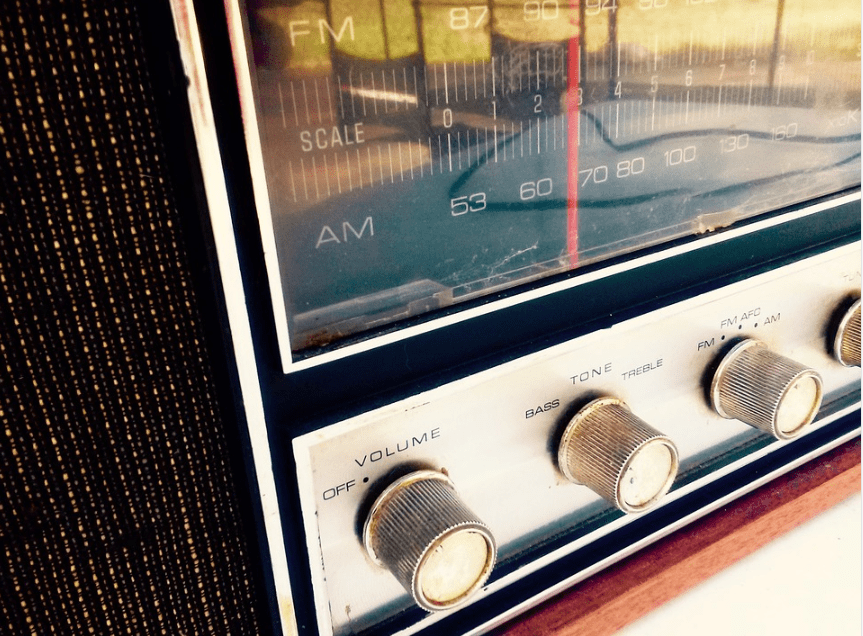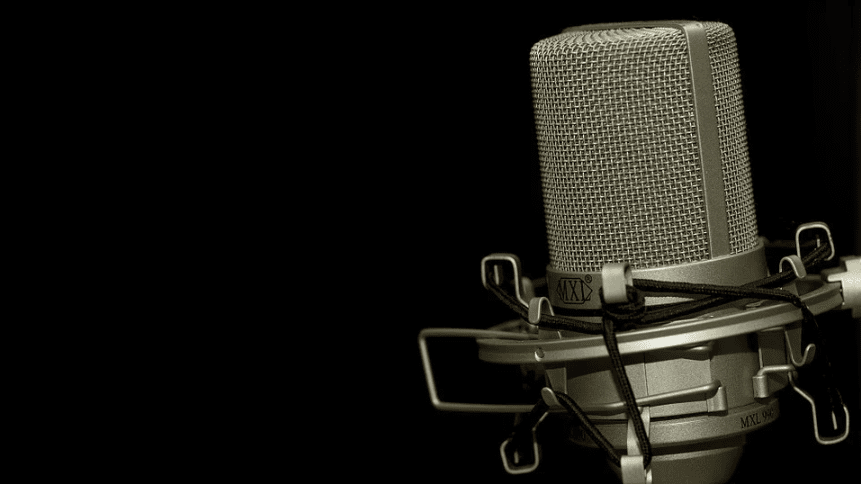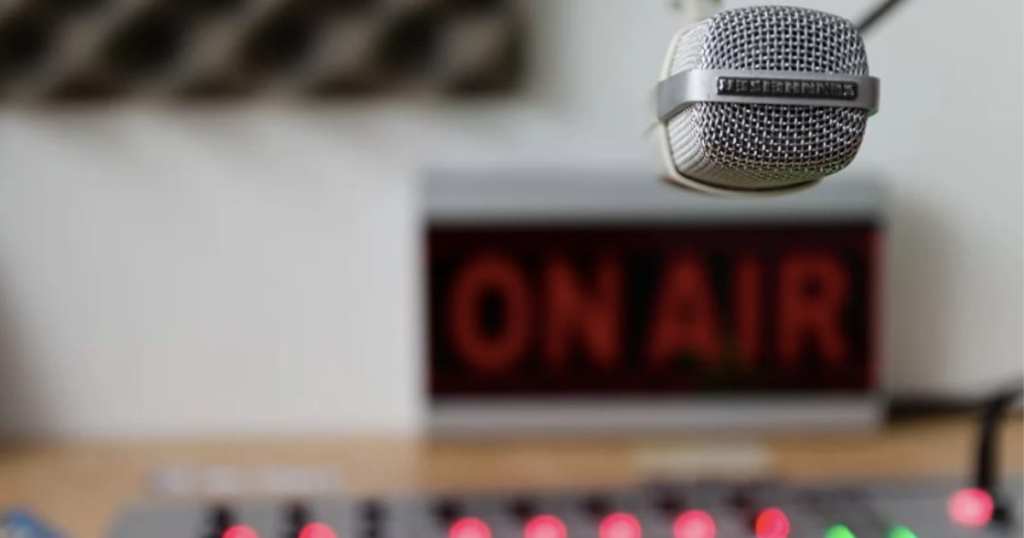There are some big, important questions out there that people are always clamoring for answers to, and while wondering how radio stations are named and why they always start with one of two letters might not be all that important, it is one of those things you ponder at some point.
We’re here to give you the answers to all of the big questions, whether the answers are life changing or not. So, if you’ve ever wondered this question fleetingly, but your brain went on to something else before you could Google it, well – today is your lucky day!

Image Credit: Pixabay
There is a short answer: the government deemed that it would be so.
Here’s a longer explanation for those of you looking to kill it at your next trivia night, though!
It harkens back to the days of the telegraph, when operators used short letter sequences as identifiers (this is also when they became known as call letters or call signs). Early radio operators continued the practice, but since no one was coordinating the choices, it was possible to choose letters already in use by someone else.
The Bureau of Navigation (under the Department of Commerce flag) stepped in, assigning three-letter call signs to ships in the early 20th century.
Ships in the Atlantic and Gulf of Mexico got a K prefix, while those in the Pacific and Great Lakes were assigned a W.

Image Credit: Pixabay
No one today knows why those two particular letters were chosen.
In 1912, at the London International Radiotelegraphic Convention, letters were assigned to each participating nations, and the U.S. kept K and W, with N designated for military stations.
Not long after that, the federal government began licensing commercial radio stations, planning to assign call letters to land-based stations in the same way they had been to those offshore. This time, though, W call signs went to states east of the Mississippi River and K went to those west (though at first, the line ran considerably further west, north from the Texas/New Mexico border.

Image Credit: Pixabay
It’s still not a solid identifier, though, as some stations weren’t made to change their signs when the switch was made but some were, and for about a year in the 1920s the Bureau of Navigation was assigning K signs to all new stations no matter their location.
The other letters in the call sign were assigned at random, or chosen based on an existing station name (ABC, NBC).
So, there you go – it’s mostly a random piece of chance that was signed off on by the government, and that was that!






